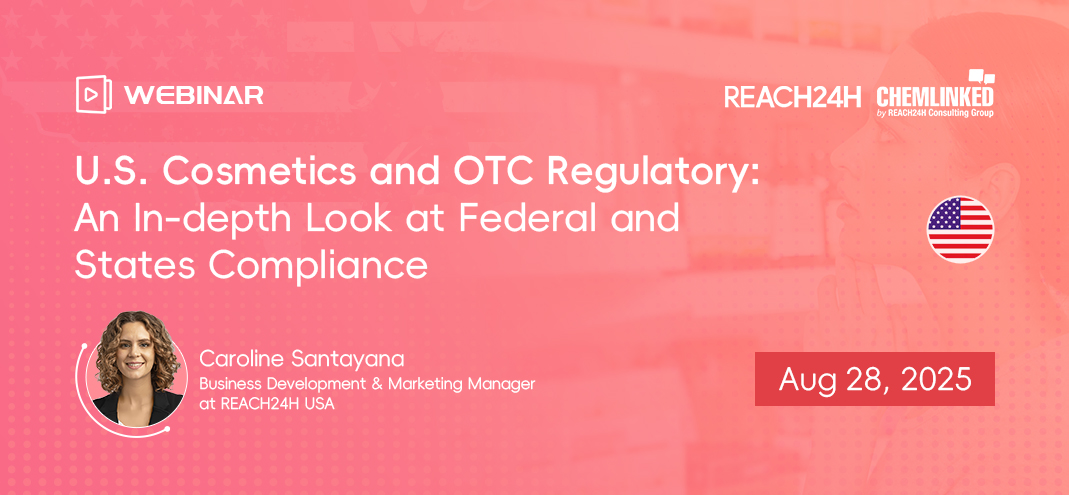Regulatory Overview
In South Korea, cosmetics regulations are governed by the Cosmetic Act, which serves as the primary legislation. Supporting this act are subordinate regulations, including the Enforcement Decree of the Cosmetic Act and the Enforcement Rules of the Cosmetic Act. Notifications pertaining to cosmetics are issued by the Ministry of Food and Drug Safety. These regulations are designed to govern the manufacturing, importation, sale, and exportation of cosmetics, aiming to enhance public health and promote the growth of the cosmetics industry.
Definition & Classification of Cosmetics in South Korea
In South Korea, cosmetics are defined as products applied to the human body through rubbing, spraying, or similar methods. Their purposes include cleansing, beautifying, enhancing attractiveness, and improving the appearance, with the intention of maintaining or promoting the health of the skin and hair. Cosmetics are categorized into general cosmetics and functional cosmetics, based on their intended use and effects on the body.
| Category | Type | Related agency |
| General Cosmetics | Cosmetics excluding functional cosmetics | Ministry of Food and Drug Safety (MFDS) Korea Pharmaceutical Traders Association (KPTA) Korea Cosmetic Association (KCA) |
| Function Cosmetics | Cosmetics that fall under any of the following types 1. Products that help to whiten the skin 2. Products that help improve wrinkles on the skin 3. Products that help to burn the skin finely or protect the skin from ultraviolet rays 4. Products that help change, remove, or nourish hair colour 5. Products that help prevent or improve dryness, cracking, falling out, and keratinization due to weakening of skin or hair function |
Cosmetics Registration/Notification in South Korea
Registration/Notification Types
For the importation of both general cosmetics and functional cosmetics, the Standard Customs Advance Notice procedure is required. In the case of functional cosmetics, an evaluation or reporting procedure for their efficacy needs to be conducted with the Korea Food and Drug Administration (KFDA) based on their intended effects.
The procedure for reporting standard customs clearance for imported cosmetics is as follows.
Registration/Notification Procedures
Notification/Registration Dossiers/Required Documents
When importing cosmetics into South Korea, the following documents should be prepared. Prior to customs clearance, a Standard Customs Advance Notice must be submitted to the Korea Pharmaceutical Traders Association (KPTA) as an electronic trade document. Only products that pass quality inspection are eligible for sale. Furthermore, it is important to verify the registration status of the responsible cosmetics sales business before importing. The required documents for the Standard Customs Clearance Prediction Report are as follows:
| Document | Submission method | Return or not |
| Application for standard customs clearance schedule report | Electronic document | Not applicable |
| Responsible cosmetics distribution registration certificate | Post (Copy) | X |
| Business registration certificate | X | |
| Functional cosmetics test or report (If applicable) | X | |
| Certificate of Manufacture* | Post (Original) | O |
| Certificate of Free Sales* | O | |
| Documents on TSE (BSE) *: Certificate of non-infection, certificate of non-use, certificate of origin | X | |
| *Must be notarized in the country of origin and notarized original documents must be submitted. | ||
Our Services
1.Cosmetic Information Review Service
Review of ingredients and packaging statements for cosmetic finished products
Provision of mandatory labeling requirements in Korean for cosmetic finished products
Consulting services for regulatory advice on Korean cosmetics regulations
Consulting services for the import procedures of cosmetic ingredients/finished products
Application for standardization of cosmetic ingredient names
2.Cosmetic Regulatory Response Consulting Service
Registration/Notification for Functional Cosmetics
Sourcing, Scheduling, and Monitoring of Efficacy Clinical Trial Institutions
Monitoring of Korean Cosmetic Regulations
Responsible Cosmetic Distributor(Excluding trade)
3.Agent import customs clearance
Standard Customs Clearance Prediction Report Agency
Request for cosmetic quality testing
Compliance with responsibilities of cosmetic responsible person (RP) and regular reporting
Registration/Notification of Functional cosmetics
When manufacturing overseas: MFDS, KPTA Registration/Notification administrative business agency
4.Other Services
Commissioned product quality inspection
Application for standardization of cosmetic ingredient names
Why Choose REACH24H
Expertise and Experience
REACH24H's cosmetics team consists of professionals with extensive practical experience and comprehensive training in regulatory review, product registration, and evaluation of cosmetic ingredients and labelling for cosmetics importation into South Korea. Our competent experts, averaging over 10 years of industry experience, enable swift and effective market exploration in Korea.
Staying Updated with Regulations
Timely response to regulatory changes is vital when dealing with cosmetics import regulations in South Korea. Through regular monitoring and effective communication with relevant authorities, REACH24H ensures access to up-to-date information on the dynamic Korean cosmetic regulations.
Relevant Services
FAQ
Q: Is there a list of approved whitening ingredients in South Korea? How can I check if the whitening ingredients in a product are compliant for export?
A: Yes, the MFDS has specified whitening ingredients and their concentrations in the regulations for functional cosmetics. If the listed ingredients and concentrations are used, the product will be exempt from the review process. However, if unlisted ingredients are used as active whitening agents, safety and efficacy data must be submitted to the MFDS for review.
Q: For claims on cosmetic product labeling (e.g., “Smooth Skin”), does KFDA require supporting evidence? If not, do we need to remove such claims from labels?
A: For general cosmetic claims (e.g., “Smooth Skin”), the KFDA does not require submission of supporting evidence, but companies are expected to retain evidence internally in case of audits.
However, if the product makes functional cosmetic claims, prior approval or notification is required, along with the submission of scientific supporting data.
Q: If we want to export cosmetics to Korea, do the ingredients need to comply with K-REACH?
A: No. When exporting cosmetics to Korea, ingredients are primarily regulated under the Korean Cosmetics Act, not K-REACH. Compliance requires adherence to the Act’s provisions on prohibited or restricted ingredients, approved UV filters, and other ingredient-specific regulations.
Q: For functional cosmetic registration in Korea, is toxicological data required for the new functional active ingredient or for the finished product?
A: Toxicological testing is generally required on the active ingredient intended to provide the functional effect. Additional product-level data may be requested depending on the specific formulation and intended claims.
Q: For selling general cosmetic products in Korea, is notification or registration needed?
A: No. General cosmetics in Korea do not require notification or registration prior to sale.
Q: Are spicule products considered cosmetics?
A: The scope of spicule products is not explicitly defined under the Korean Cosmetics Act. They are generally acceptable as long as they act only on the stratum corneum and do not exert pharmacological effects on the human body. If the product has pharmacological activity, it may fall outside the cosmetic category.







